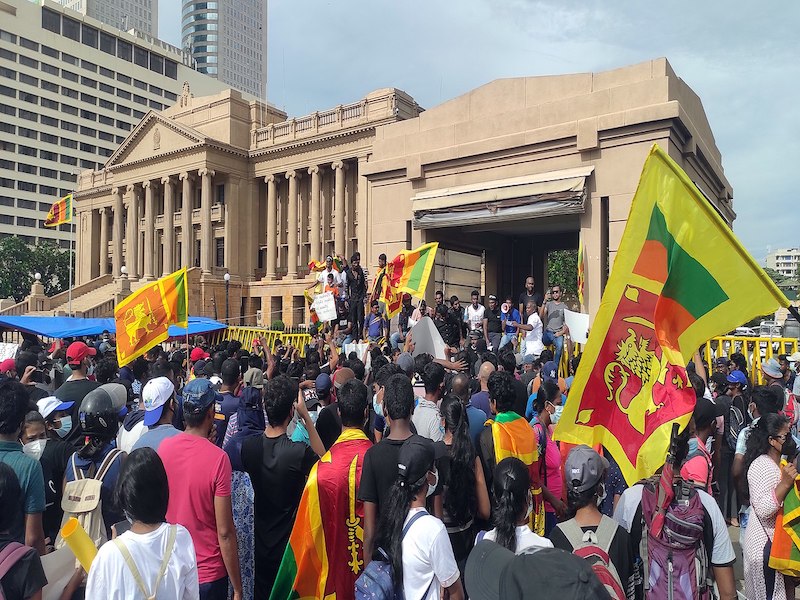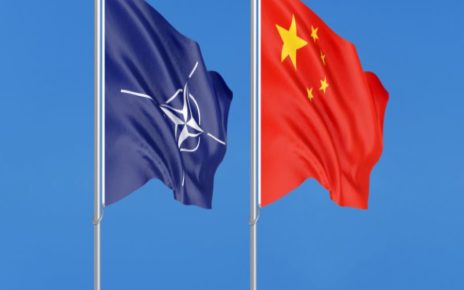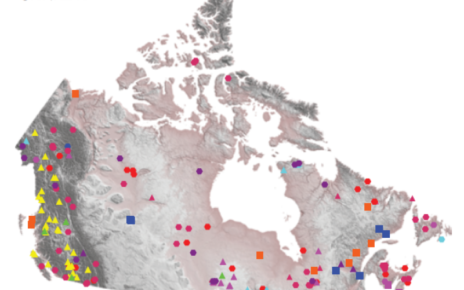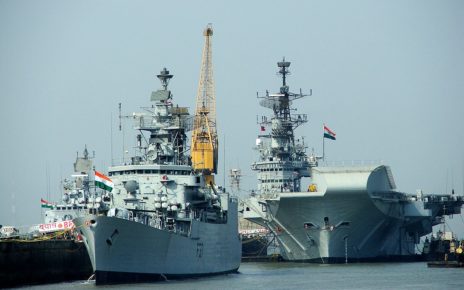As Sri Lanka’s economic crisis began to unfold in March, 2022, nationwide protests erupted that led to the defeat of political royalty Gotabaya Rajapaksa and the start of the Ranil Wickremesinghe-led government. The economic crisis is a result of low foreign reserves and a high current account deficit, which has left the country dependent on other nations for aid, provisions, and support. Countries such as India and Japan have provided significant assistance, not only to stabilise the country’s economy, but also to provide stability in the Indo-Pacific. As Canada aims to increase its presence in the Indo-Pacific, improving economic relations with Sri Lanka could be a key strategy in establishing Canadian importance in the region.
Comprising 22 million people, the island nation of Sri Lanka is of strategic importance due to its location in the Indian Ocean. Over two-thirds of the world’s oil and 50 percent of containers pass through the East-West shipping route, located only 10 nautical miles away from Sri Lanka. As a result, the country has become an important player in the Indo-Pacific region. In the last decade, China has focused on improving its relationship with Sri Lanka through increased trade and investments, as part of its Belt and Road Initiative. For instance, China provided Sri Lanka with USD 1.26 billion worth of loans between 2007-2014 for building the Hambantota Port. However, as is common with many Belt-and-Road initiatives, the port, which was expected to boost Sri Lanka’s economy, neither increased local employment nor generated revenue. Rather, it resulted in Sri Lanka defaulting on its payments to China and surrendering the Hambantota Port to China for a lease of 99 years. As China’s foothold in the country has increased, other regional players have voiced concern over what this could mean for the sovereignty of other Indo-Pacific states.
On June 29th, NATO released its 2022 Strategic Concept, in which the alliance officially acknowledged China as a challenge to NATO’s interests, security, and values. Western countries’ official stand against the PRC makes the West’s apparent lack of interest in the economic crisis in Sri Lanka rather surprising. Its stability is not only important for its economy but also for its sovereignty. In need of aid provisions, Sri Lanka is negotiating a USD 4 billion aid package with China, despite having voiced concerns over China’s control of the Hambantota Port.
Some Indo-Pacific researchers have noted that Western nations’ assistance in the crisis has remained limited to publicly sympathising with Sri Lanka. Since the crisis has unfolded, Canada has offered only USD 50,000 in humanitarian assistance through the Red Cross. Improving its economic assistance to Sri Lanka can serve as a pathway for Canada’s entry in the Indo-Pacific. Through strategies that improve Sri Lanka’s stability, Canada can provide significant leeway for “promoting stability and wellbeing” as per Article 2 of NATO’s founding treaty.
There are two key ways in which Canada can assist Sri Lanka:
Petroleum and Fertiliser Exports: Prior to the crisis, to prevent foreign reserves from falling further, the Rajapaksa Government banned the import of fertilisers, declaring Sri Lanka to be a 100 percent organic farming nation. The agricultural sector was unable to cope with the dramatic shift, resulting in major crop loss and consumer price inflation soaring up to 40 percent. Sri Lanka’s agricultural sector has been heavily impacted, and the country is still witnessing a severe fuel and food shortage. In this context, Canada’s development assistance can be tailored towards providing oil, fertilisers, and staple foods. Canada is the fourth largest oil exporter and one of the largest exporters of fertilisers and agricultural products in the world. Assistance along the lines of trade and development would not only help boost Sri Lanka’s economy but also benefit Canada. Strengthening economic relations with the new government and aiding Sri Lanka would demonstrate to countries in the region that Canada is willing, and has the means, to support Indo-Pacific nations.
Collaborating on an Aid Assistance Program with India: Amid the economic crisis, India has become one of the biggest aid providers to Sri Lanka, having provided USD 1.9 billion in loans, credit lines and currency swaps. India also provided a short-term loan of USD 500 million for purchasing petroleum products. Since mid-March, 270,000 tonnes of diesel and petrol have also been delivered to Sri Lanka along with 40,000 tonnes of rice. India’s Reserve Bank (RBI) also extended a currency swap worth USD 400 million and deferred payments which were owed by the Central Bank of Sri Lanka. By emerging as a crucial player in aid assistance, India has managed to get Sri Lanka to cancel Chinese investments while offering new investments in the country. An India-Canada collaborative program could accelerate Canada’s entry in the Indo-Pacific and would also strengthen relations with India, another major player in the region. Although Canada has Free Trade Agreements with Asian countries such as Japan and Korea as well as with regional blocks such as ASEAN, Canada is not a member of any security-focused regional alliance such as the QUAD. Hence, a collaborative program with India, a QUAD member, would not only set the tone for Canada’s willingness to support Indo-Pacific nations in matters of security but could also lead to an opportunity of becoming a Quad Plus member.
The Government of Canada established the Indo-Pacific Advisory Committee in June, 2022, in an effort to implement strategies that could increase Canada’s presence in the Indo Pacific. The crisis, which has largely remained a priority to Asian countries, is Canada’s opportunity for making itself an active presence in the region. Having maintained positive relations with South and East Asian countries through economic partnerships, Canada is equipped with the strategies required to build the same relations with Sri Lanka.
Edited by Paul Meyer
Photo: Anti-government protests against president Gotabaya Rajapaksha (April 13th, 2022), by AntanO via Wikimedia Commons. Licensed under CC BY-SA 4.0
Disclaimer: Any views or opinions expressed in articles are solely those of the authors and do not necessarily represent the views of the NATO Association of Canada.




